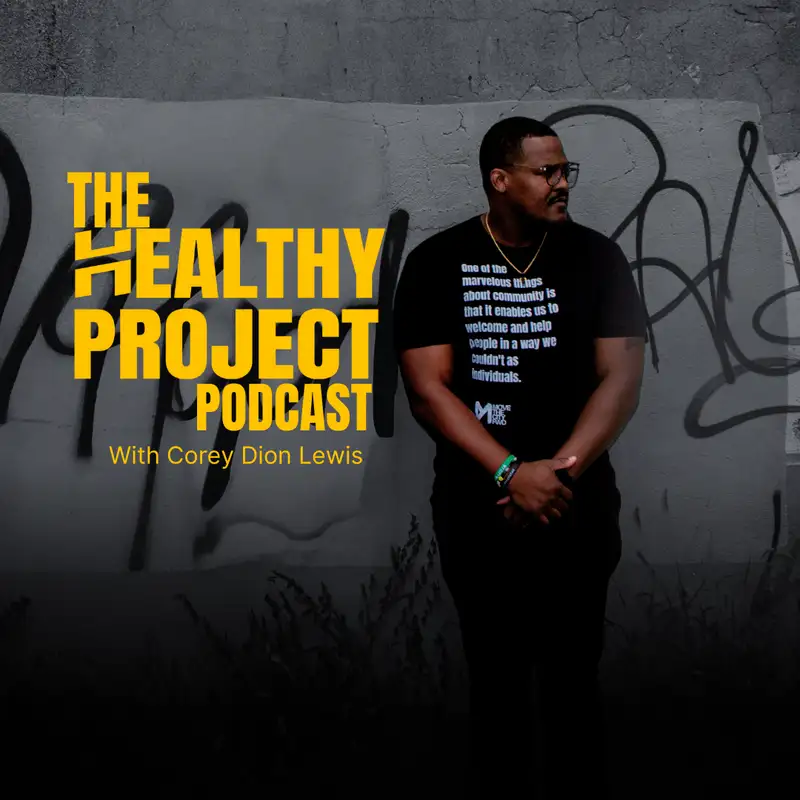Marisol Gonzalez: The Health Impacts of Climate Change
"I would say that as a doctor, nurse, or public health professional, you can use your powerful and trusted voice, get involved, and make sure this happens."
Marisol Gonzalez is an environmental health researcher who has worked as a medical humanitarian aid worker. She is passionate about climate change and health and works to raise awareness about the health impacts of climate change.
About Marisol Yglesias-Gonzalez
I am an environmental health researcher and I study how climate change affects health. Climate change has direct and indirect effects on health, and these effects can be magnified by social factors like poverty, age, and gender. Climate change is the greatest global health threat of the 21st century.
In this episode, you will learn the following:
1. Climate change has direct effects on human health, including extreme weather events.
2. Climate change can indirectly impact health through changes in water quality, air pollution, and disease vectors.
3. Social determinants of health play a role in how vulnerable individuals and populations are to climate change.
Chapter Summaries:
1) Marisol Gonzalez, an environmental health researcher, is a guest on the Healthy Project podcast. Today, she's going to talk about a topic that's important within the public health field.
2) Before the talk on climate change and health, the speaker talks about her background in environmental health and her work experience as a medical humanitarian aid worker. She's introverted and she's not a morning person, but she loves the opportunity to speak about the topic. She believes there is a lot of pessimism around the topic and she wants to be able to bring the evidence and motivate people.
3) As a student ten years ago, he was trying to establish the connection between climate change and health. He found out that both direct and indirect effects of climate change have an impact on human health. For one person, it being hotter, sooner, or hotter than usual may be uncomfortable. But for someone else, that heat wave or that temperature change may be significant for their health.
4) The social dimension of climate change makes the difference between rich and poor countries. People living in poverty, marginalized groups, people with disabilities, older adults, women, and young children bear the greater burden of risk in all regions. Those who live in poverty have fewer opportunities generally in life and are vulnerable to basically everything.
5) Marisol is an environmental health researcher. She believes that climate change is affecting everyone and we need to take action to adapt to it and mitigate fueling the climate crisis. Health professionals need to educate their patients on the health impacts of climate change. Health systems have a big carbon footprint. The US committed to decarbonizing the health sector. Elberta was the first case to put a name to climate change on the death certificate. The more people speak up about it, the more we have a podcast about the subject. We need to start bridging the fields of environment and health and engage more clinicians.
6) Healthcare sector is creating a lot of greenhouse gases. Most of the emissions come from procurement and the supply chain.
Connect with me:
Instagram
Facebook
YouTube
Twitter
LinkedIn
Website
Leave us a review:
Creators and Guests


